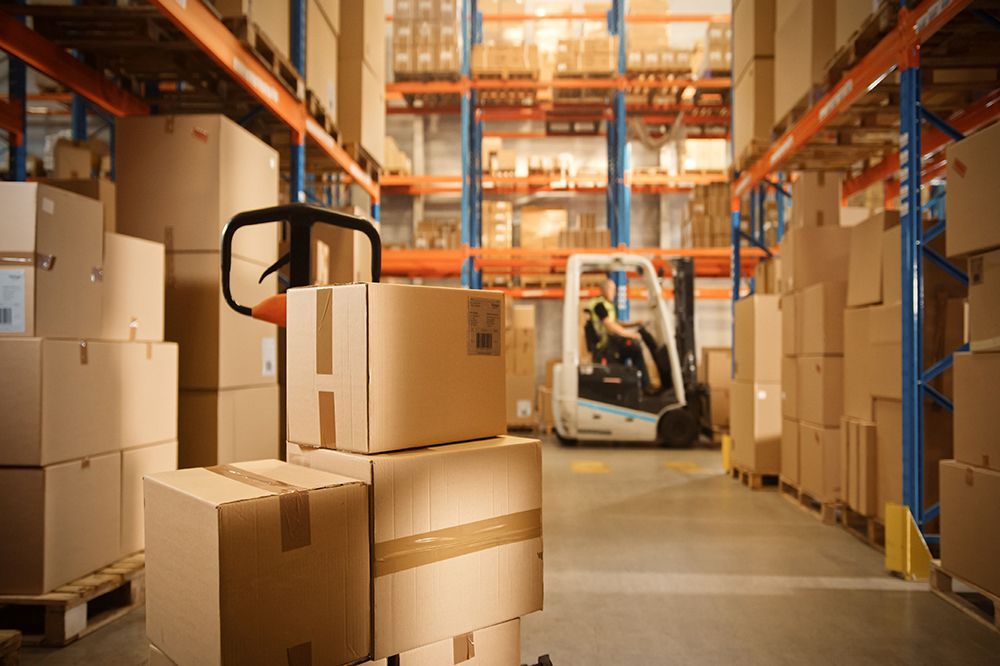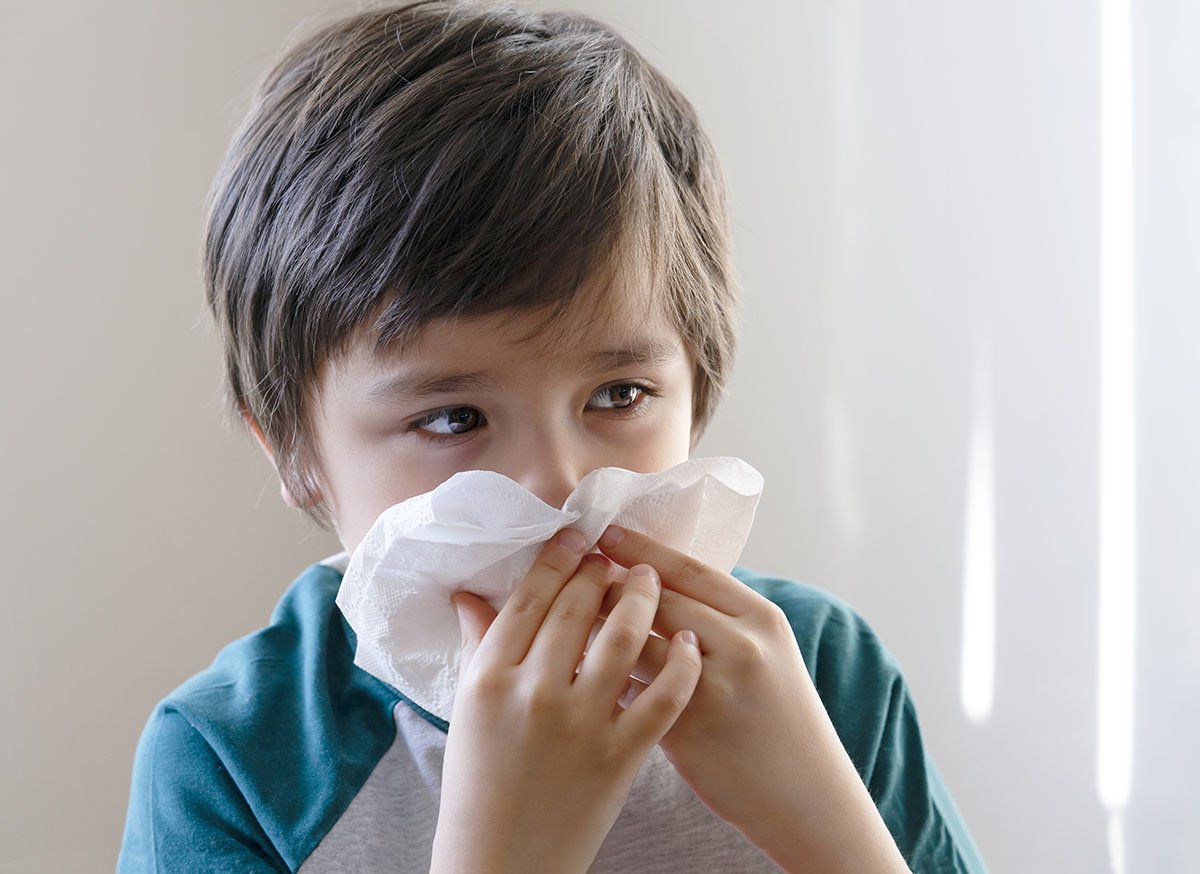Strength Additives
The quality of recycled fiber (RCF) continues to decrease at the same time as the market demand for high-performing, durable, and lightweight fiber-based packaging materials increases. For the paper and board manufacturers who aim for cost-efficient production of quality end-product with the lower quality raw material, improving and optimizing the dry strength properties of the recycled board is crucial.
Dry strength is a key quality parameter for all paper and board grades. our portfolio of dry strength additives includes specifically designed technologies to be used with virgin, mechanical, recycled or mixed fibers and for the production of various paper, board, and tissue grades. Combined with best-in-class application expertise, our products enable paper, board, and tissue manufacturers to manage and optimize the dry strength properties in their end-products ensuring cost-efficiency, productivity, and machine runnability.
Why strength is a key challenge in recycled board production
Strength is the most important quality characteristic for packaging board: the packaging needs to be strong and stiff enough to endure the strains of transport and protect the product inside. While the use of recycled fibers as raw material in packaging grades continues to increase, the board producers are facing challenges in meeting the strength targets. Why dry strength is a major challenge in recycled board production?

Benefits for the customer for Improved paper strength
There are many factors governing strength development.
Fiber strength and length
Intrefiber bond strength
Bonded area (number of bonds per area unit)
Sheet formation
Stress distribution

Starch and polyacrylamide are among the principal dry strength additives used for both board and tissue manufacturing
A more specific aid for tissue production are permanent wet strength resins (WSR), generally based on the polyaminoamide
‐
epichlorohydrin (PAE) technology. Wet strength resins are used in the manufacturing of moisture resistant grades such as liquid packaging, napkin and paper towel.
Glyoxalated polyacrylamide (GPAM)
-based technology is used to provide temporary wet strength for niche application in the production of sanitary products intended for disposal into a septic system. Wet strength resins also offer the opportunity to better balance the charge on fines and fibers and to increase the global efficiency of the productive process, also in terms of energy consumption and dewatering.
Products are used in Strength process for paper board and tissue are fundamentally starch and polyacrylamide as well these specific products from Kemira ™
· WSR like FennStrength ™
· GPAM like FennoBond ™
· Colloidal Silica like FennoSil™